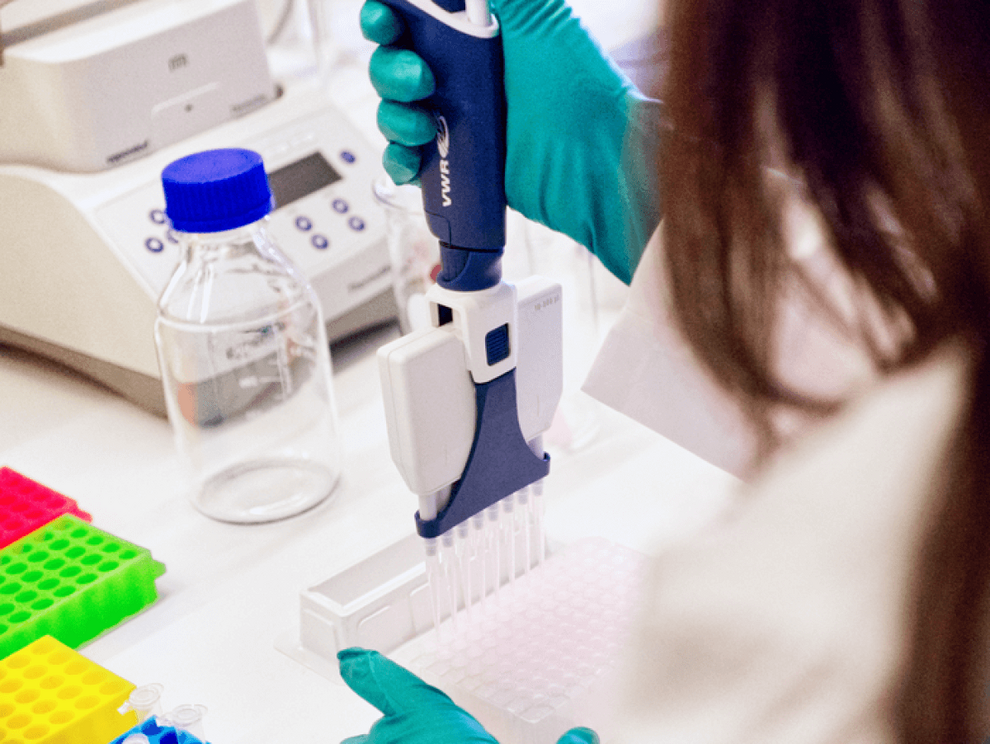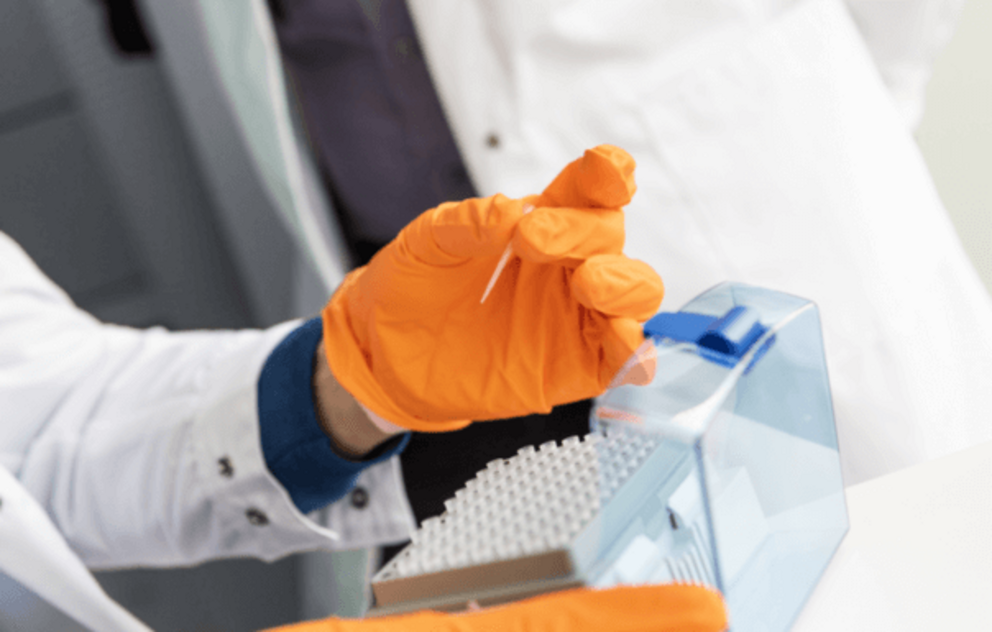New multi-cancer test can detect disease at early stages with small amounts of blood, urine
The new method can identify several types of newly formed cancer at the same time using small volumes of fluids such as blood or urine.
Despite cancer being one of the deadliest diseases that heavily relies on early detection, effective methods for identifying many cancers at once remains hard to come by. Now, researchers from Chalmers University of Technology have demonstrated that a previously untested method can easily detect multiple types of cancers early on, including types that are currently difficult to detect.
Right now, established testing methods can only test various cancers separately. Multi-Cancer Early Detection (MCED) techniques focus on genetics, measuring DNA fragments from tumors circulating in the blood. However, this limits the ability to find stage I cancers, and these techniques are also limited in the range of cancers that they can catch.
This team of researchers is taking a different approach. They’ve discovered a way to test in a more affordable and effective manner — analyzing human metabolism.
“This is a previously unexplored method, and thanks to the fact that we have been able to test it in a large population, we can show that it is effective in finding more stage I cancers and more cancer types. The method makes it possible to find cancer types that are not screened for today and cannot be found with DNA-based MCED tests, such as brain tumors and kidney cancer,” says study author Francesco Gatto, a visiting researcher at the Department of Biology and Biological Engineering at Chalmers, in a university release.
How does the new test work?
This method is based on a discovery made almost a decade ago. It describes how glycosaminoglycans, a type of sugar integral to metabolism, are strong biomarkers for non-invasive cancer detection. The researchers developed a machine learning method that utilized algorithms to find changes in these sugars that signal the development of cancer. It requires small amounts of blood or urine, making it a more easygoing and accessible approach.
 The new method can identify several types of newly formed cancer at the same time using small volumes of fluids such as blood or urine.
The new method can identify several types of newly formed cancer at the same time using small volumes of fluids such as blood or urine.
“The fact that the method is comparatively simple means that the cost will be significantly low, ultimately enabling more people to have access to and take the test,” says Gatto.
This study included 1,260 participants, and through the experiments, the team found that the method could successfully detect all 14 forms of cancer tested. Their work even showed that twice as many early-stage cancers in asymptomatic people can be detected compared to DNA tests.
The team agrees that this is pivotal work that has the potential to improve preventive care methods for cancer. They hope to conduct a study with a larger sample size to strengthen their findings.
“This is a ground-breaking study that gives us hope that one day society will be able to create screening programs that can detect all cancer types early,” concludes Gatto.
The findings are published in the Proceedings of the National Academy of Sciences.

